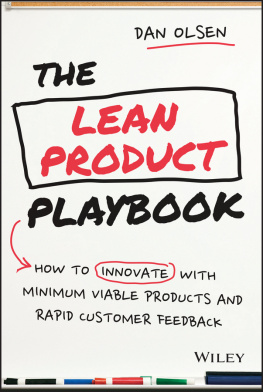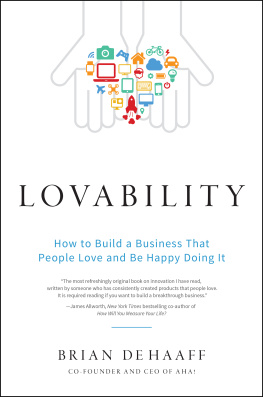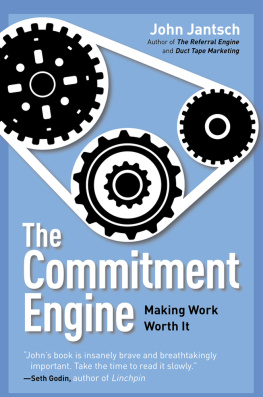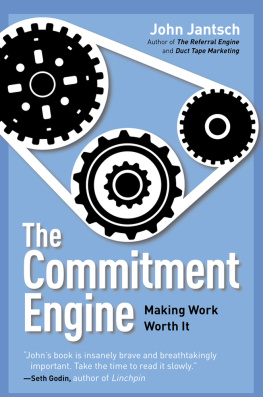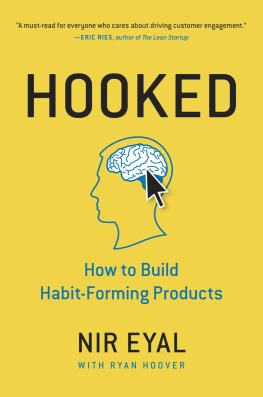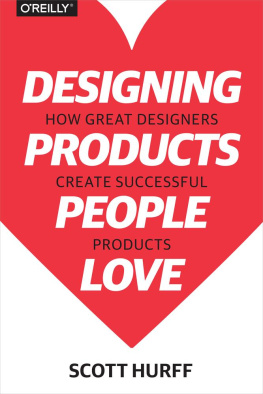Brian de Haaff - Lovability: How to Build a Business That People Love and Be Happy Doing It
Here you can read online Brian de Haaff - Lovability: How to Build a Business That People Love and Be Happy Doing It full text of the book (entire story) in english for free. Download pdf and epub, get meaning, cover and reviews about this ebook. year: 2017, publisher: Greenleaf Book Group Press, genre: Business. Description of the work, (preface) as well as reviews are available. Best literature library LitArk.com created for fans of good reading and offers a wide selection of genres:
Romance novel
Science fiction
Adventure
Detective
Science
History
Home and family
Prose
Art
Politics
Computer
Non-fiction
Religion
Business
Children
Humor
Choose a favorite category and find really read worthwhile books. Enjoy immersion in the world of imagination, feel the emotions of the characters or learn something new for yourself, make an fascinating discovery.

- Book:Lovability: How to Build a Business That People Love and Be Happy Doing It
- Author:
- Publisher:Greenleaf Book Group Press
- Genre:
- Year:2017
- Rating:4 / 5
- Favourites:Add to favourites
- Your mark:
Lovability: How to Build a Business That People Love and Be Happy Doing It: summary, description and annotation
We offer to read an annotation, description, summary or preface (depends on what the author of the book "Lovability: How to Build a Business That People Love and Be Happy Doing It" wrote himself). If you haven't found the necessary information about the book — write in the comments, we will try to find it.
Genuine, heartfelt devotion and loyalty from customers yes, love is what propels a select few companies ahead. Think about the products and companies that you really care about and how they make you feel. You do not merely like those products, you adore them.
Consider your own emotions and a key insight is revealed: Love is central to business. Nobody talks about it, but it is obvious in hindsight.
Lovability: How to Build a Business That People Love and Be Happy Doing It shares what Silicon Valley-based author and Aha! CEO Brian de Haaff knows from a career of founding successful technology companies and creating award-winning products. He reveals the secret to the phenomenal growth of Aha! and the engine that powers lasting customer devotion a set of principles that he pioneered and named The Responsive Method.
Lovability provides valuable lessons and actionable steps for product and company builders everywhere, including:
- Why you should rethink everything you know about building a business
- What a product really is
- The magic of finding what your customers truly desire
- How to turn business strategy and product roadmaps into customer love
- Why you should chase company value, not valuation
- Surveys to measure your companys lovability
Much has been written about how entrepreneurs build innovative products and successful businesses, but the authors message is original and refreshing. He convincingly explains that there is a better path forward a people-first way grounded in love. In a business world that has increasingly emphasized hype over substance and get-big-at-any-cost thinking over profitable and sustainable growth, its time for a new recipe for company success.
Insightful, thought-provoking, and sometimes controversial, Lovability is the book that you turn to when you know there has to be a better way.
Brian de Haaff: author's other books
Who wrote Lovability: How to Build a Business That People Love and Be Happy Doing It? Find out the surname, the name of the author of the book and a list of all author's works by series.

